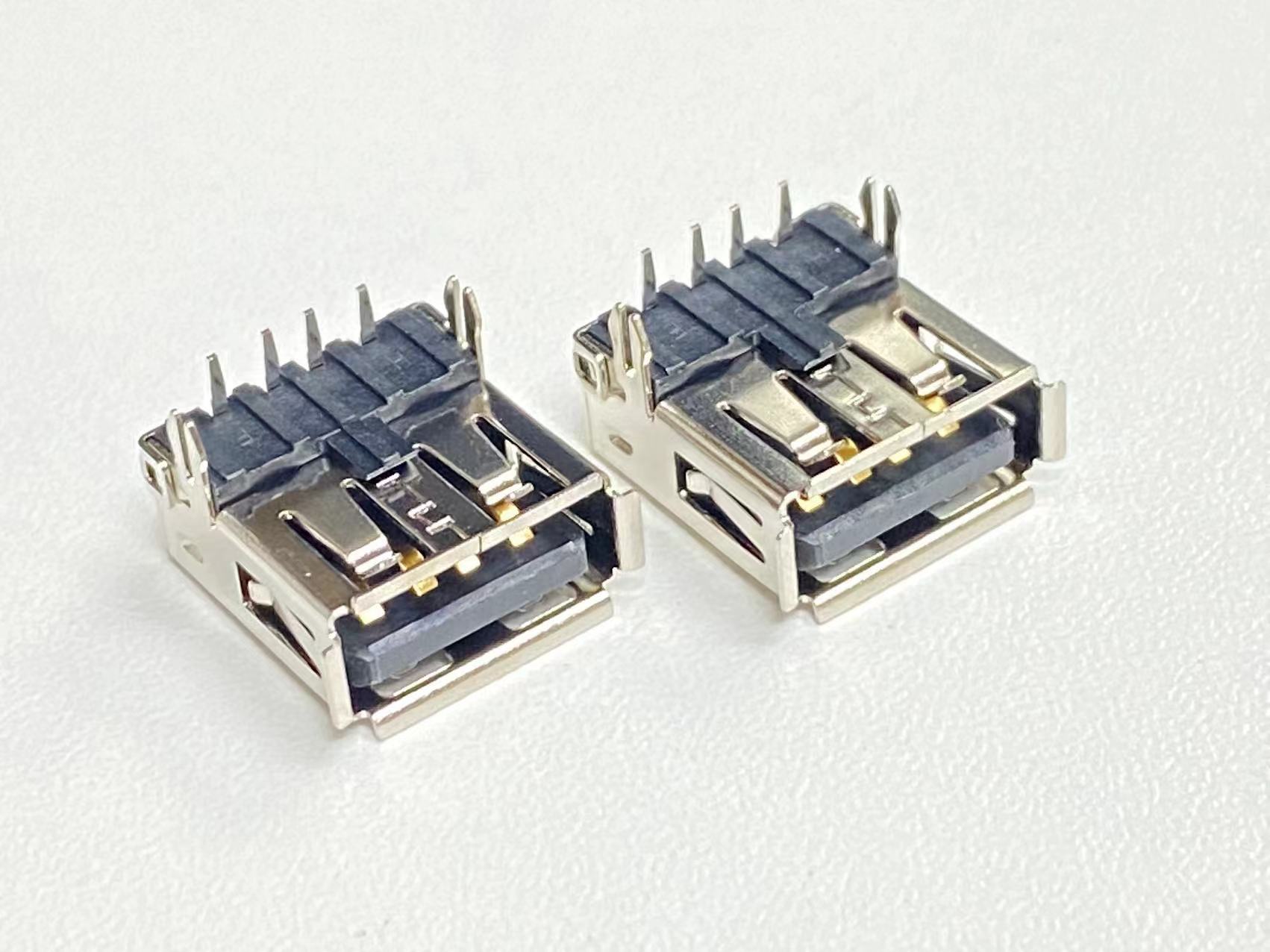With the rapid advancement of technology, cars have evolved beyond mere transportation into intelligent mobile spaces that integrate entertainment, communication, safety, and more. USB cables have become increasingly vital in this transformation, acting as a crucial bridge between vehicles and various electronic devices. In this article, Xianhe explores the advantages of USB cables in automotive electronic equipment.By comparison, it can be seen that HDMI Interface It has certain advantages and great cost performance. https://www.szxianhe.com/
usb cables
1. Fast Transmission Speed and Ease of Use
USB cables are renowned for their high-speed transmission capabilities, which are particularly beneficial in automotive electronic devices. Whether playing music, transferring files, or syncing data, USB cables offer a stable and rapid connection. Additionally, the USB interface supports hot-swapping, allowing users to plug and unplug devices without shutting down or restarting, greatly enhancing convenience.
2. Versatile Functionality
The USB interface in vehicles goes beyond just music playback and file transfer; it supports a wide range of functions. It can serve as a power output for charging mobile phones, tablets, and other devices. Furthermore, it powers various electronic gadgets, such as car cigarette lighters, vacuum cleaners, GPS devices, and dashcams, significantly broadening the range of in-car electronic devices. This versatility offers drivers a more convenient and comfortable driving experience.
3. Unified Interface Standard
As a widely adopted interface standard, USB offers high versatility and compatibility. Most vehicles, regardless of brand or model, adhere to a unified USB interface standard, ensuring compatibility with various devices. Moreover, the USB interface allows for the simultaneous connection of multiple devices. Through accessories like USB hubs, users can connect and transmit data across multiple devices at once, enhancing flexibility and convenience.
4. Stable Power Supply
The car¨s USB interface provides a stable power supply by converting the car’s DC-12V or DC-24V power to DC-5V for connected devices. This stability ensures the proper functioning of electronic devices and prevents damage caused by voltage fluctuations. Additionally, the USB interface features an independent power supply, allowing connected devices to retain power even when the vehicle is turned off, adding convenience for drivers.
5. Enhanced Driving Experience
The integration of USB cables in automotive electronic devices greatly enhances the driving experience. Drivers can effortlessly play music, transfer files, and charge devices without dealing with cumbersome cables or interface issues. The diverse functions of in-car electronics provide more entertainment and convenience options, making the driving experience more relaxed and enjoyable.
Conclusion
The application of USB cables in automotive electronic equipment offers numerous advantages. These include fast transmission speeds, ease of use, versatile functionality, and a unified interface standard. Additionally, the USB interface provides a stable power supply, significantly improving the driving experience. As technology continues to advance, the role of USB cables in automotive electronic equipment will only expand, offering even greater potential for enhancing the driving experience.